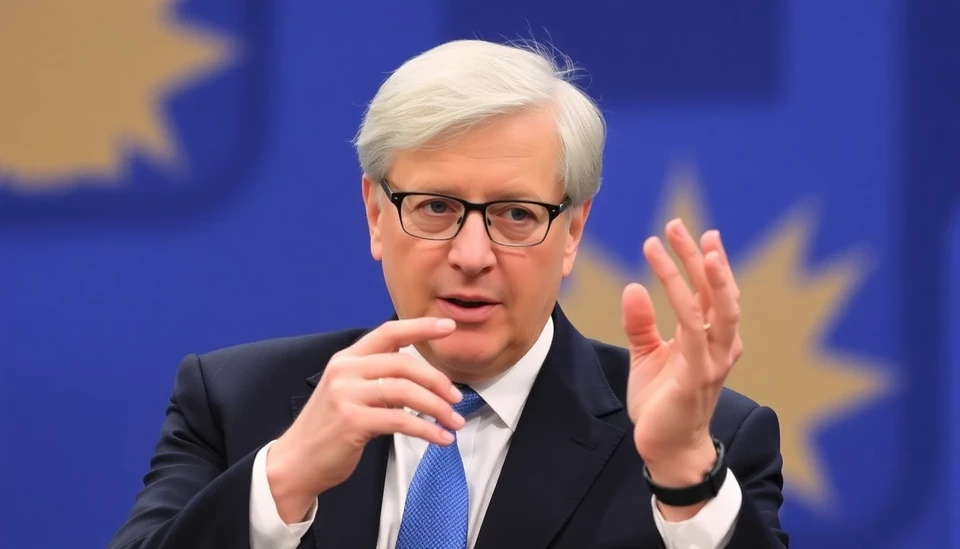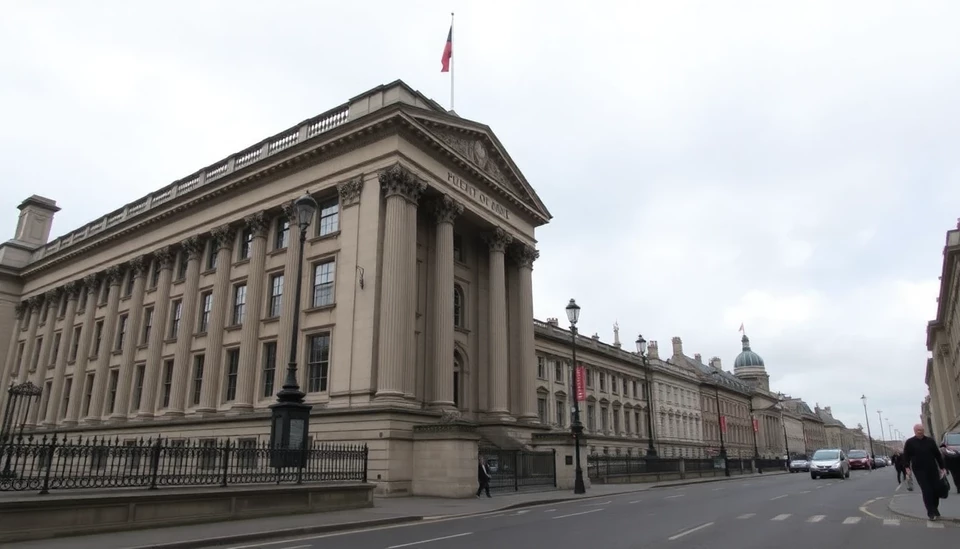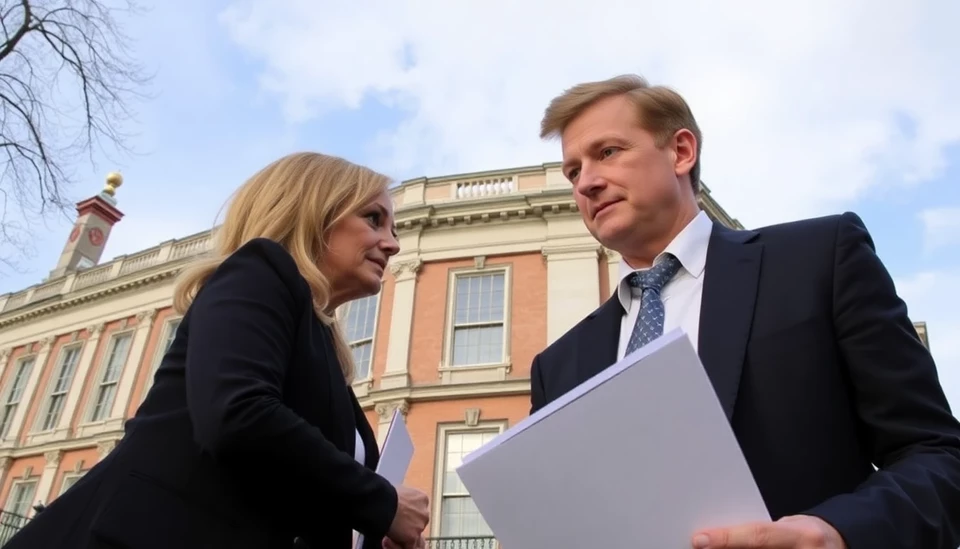
In a bold move that has sent ripples through the financial community, Chancellor of the Exchequer Rachel Reeves is opting for a controversial budgetary approach that may lead to significant tax hikes later this year. The government, facing mounting economic pressures and a daunting fiscal landscape, is set to unveil its budget that could pave the way for increased taxes, especially for high earners and corporations.
Reeves, who stepped into her role amid high expectations, is attempting to balance growth with sound fiscal policy. However, her strategy of relying on optimistic economic forecasts has raised eyebrows among industry experts. Critics argue that this reliance could be a repeat of past budget gambles that did not deliver the promised economic growth.
The autumn budget, as anticipated, will reveal the government's plan to stimulate the economy while trying to handle a significant debt burden. The Chancellor is expected to push for reforms that target wealth distribution and tackle rising inflation, which has been exacerbating the cost of living crisis nationwide. Evaluators are watching closely to see if her policies will be enough to win back confidence among the public and investors.
As Reeves prepares to address parliament, she will need to convince both her party and the general populace of the necessity for this potentially contentious package. Observers note that any unforeseen downturn in economic predictions could compel Reeves to reconsider her strategy, resulting in higher-than-expected tax rates for ordinary citizens.
Those in the financial sector are particularly anxious about the prospects of increased taxation which could deter investment and slow economic growth. Many industry leaders are calling for targeted measures rather than broad tax increases, emphasizing that the burden should not fall predominantly on the shoulders of those already facing economic hardships.
As Chancellor Reeves navigates this intricate landscape, she is confronted with the critical task of balancing fiscal prudence with the necessity for economic stimulation. This delicate act will ultimately determine the trajectory of the UK’s economy as it grapples with inflation and stagnant growth.
The financial community remains speculative about whether Reeves can outline a coherent vision that aligns with the aspirations of the country while avoiding the pitfalls of previous administrations. The upcoming budget will be a watershed moment for her leadership, and the ramifications of her decisions are likely to echo throughout the economy for years to come.
This is a defining moment not just for Chancellor Reeves, but for the UK's fiscal future, making it a pivotal occasion that all eyes will be watching.
As the discussions arise and predictions circulate, the autumn budget looms large, positioning Reeves at a critical junction that could define her tenure as Chancellor.
#ChancellorReeves #UKBudget #TaxHikes #EconomicGrowth #FiscalPolicy #CostOfLiving
Author: Daniel Foster



